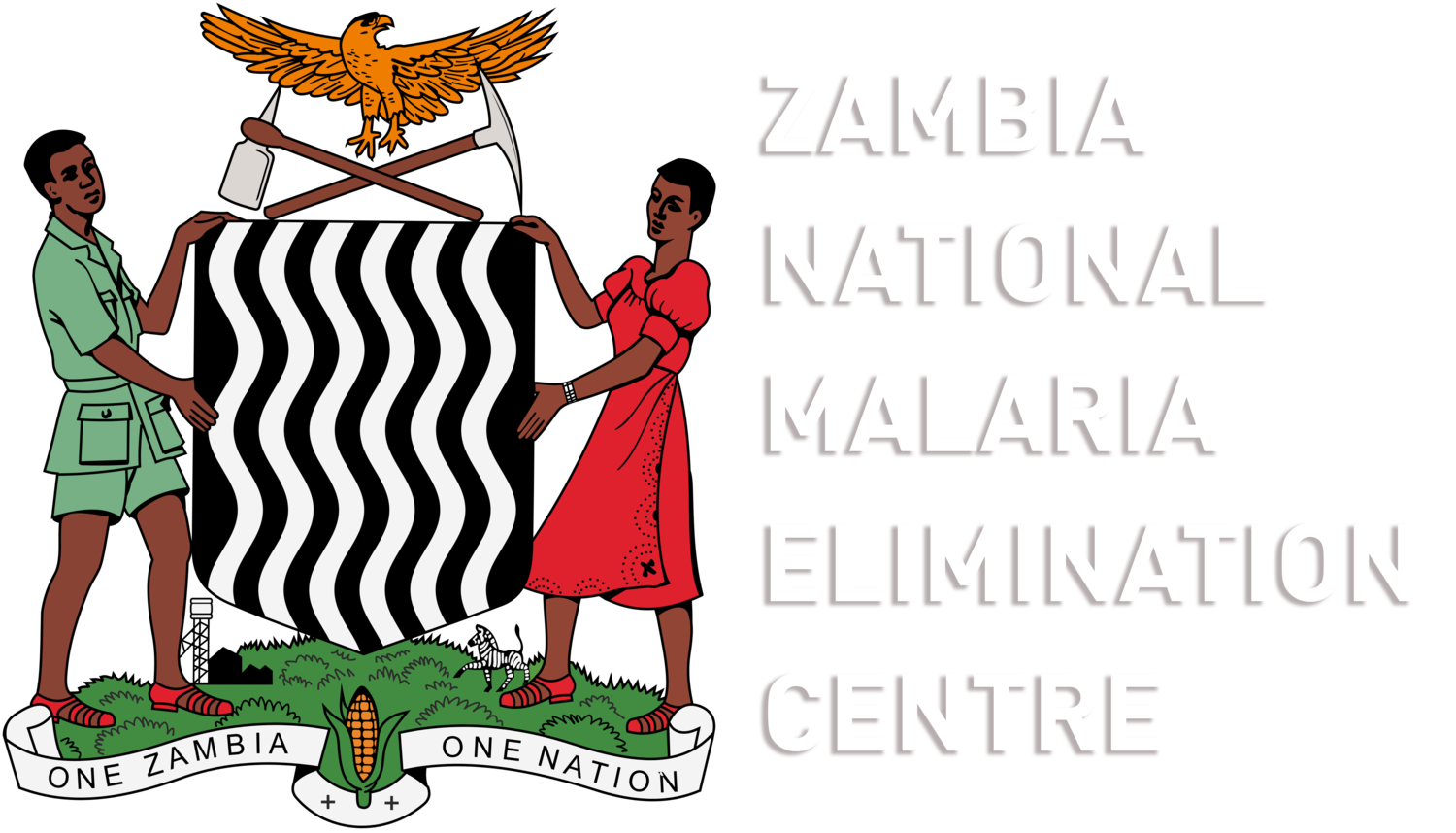Quality case management identifies if a patient is infected with malaria, and determines whether those suffering from malaria shall recover or not, and on the duration of the illness. In Zambia, case management coverage has greatly improved through strengthening of general health services and the provision of adequate diagnostics and medicines according to national guidelines.
Universal coverage with early diagnosis and effective treatment is a key strategy in reducing malaria morbidity and mortality. Achieving universal coverage of case management should consider three channels of service delivery: public, private, and community-based. In areas where malaria incidence remains high, coverage should be maximized through all three channels, with efforts made to improve the quality of services delivered.
Diagnostics
The detection of malaria infection is based on blood examination by RDTs or microscopy. With quality assurance, both are now suitable for surveillance and case management.
Microscopy has advantages for patient follow-up, gametocyte detection, speciation, and determination of parasite density.
RDTs are useful at the point of care, and are accessible and easy to use.
Treatment
Treatment for malaria is based on WHO and national treatment guidelines. The current first-line therapy for the treatment of uncomplicated P. falciparum malaria in Zambia is a quality-assured ACT (artemisinin-based combination therapies).
New, more effective drugs will be used as they become available. Treatment may also include low-dose primaquine to eliminate gametocytes, which are responsible for mosquito-borne transmission for P. falciparum malaria.





